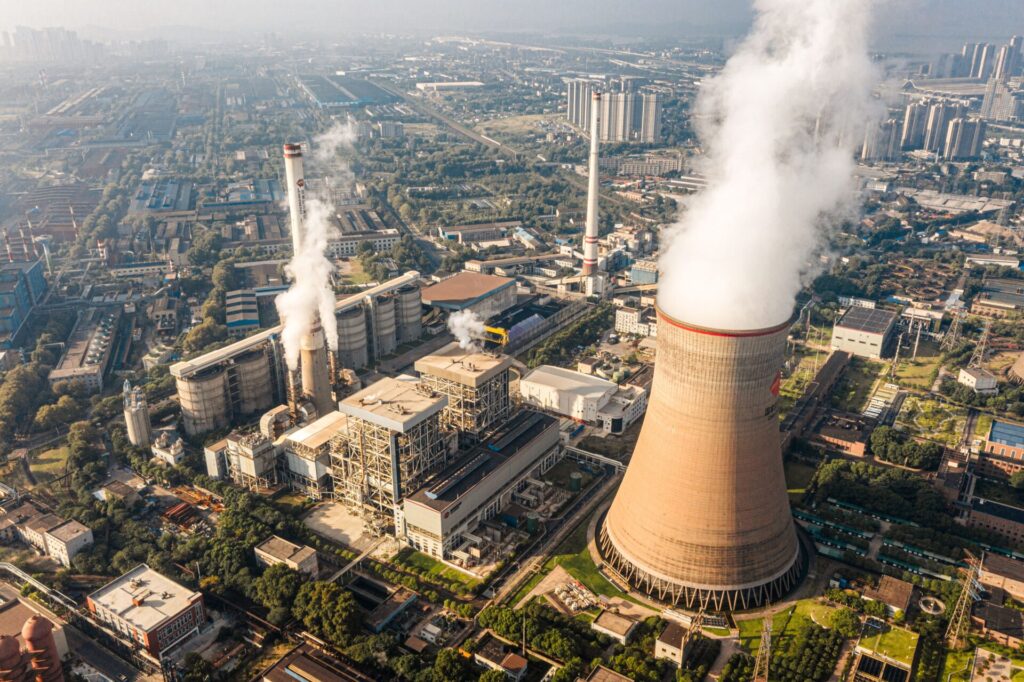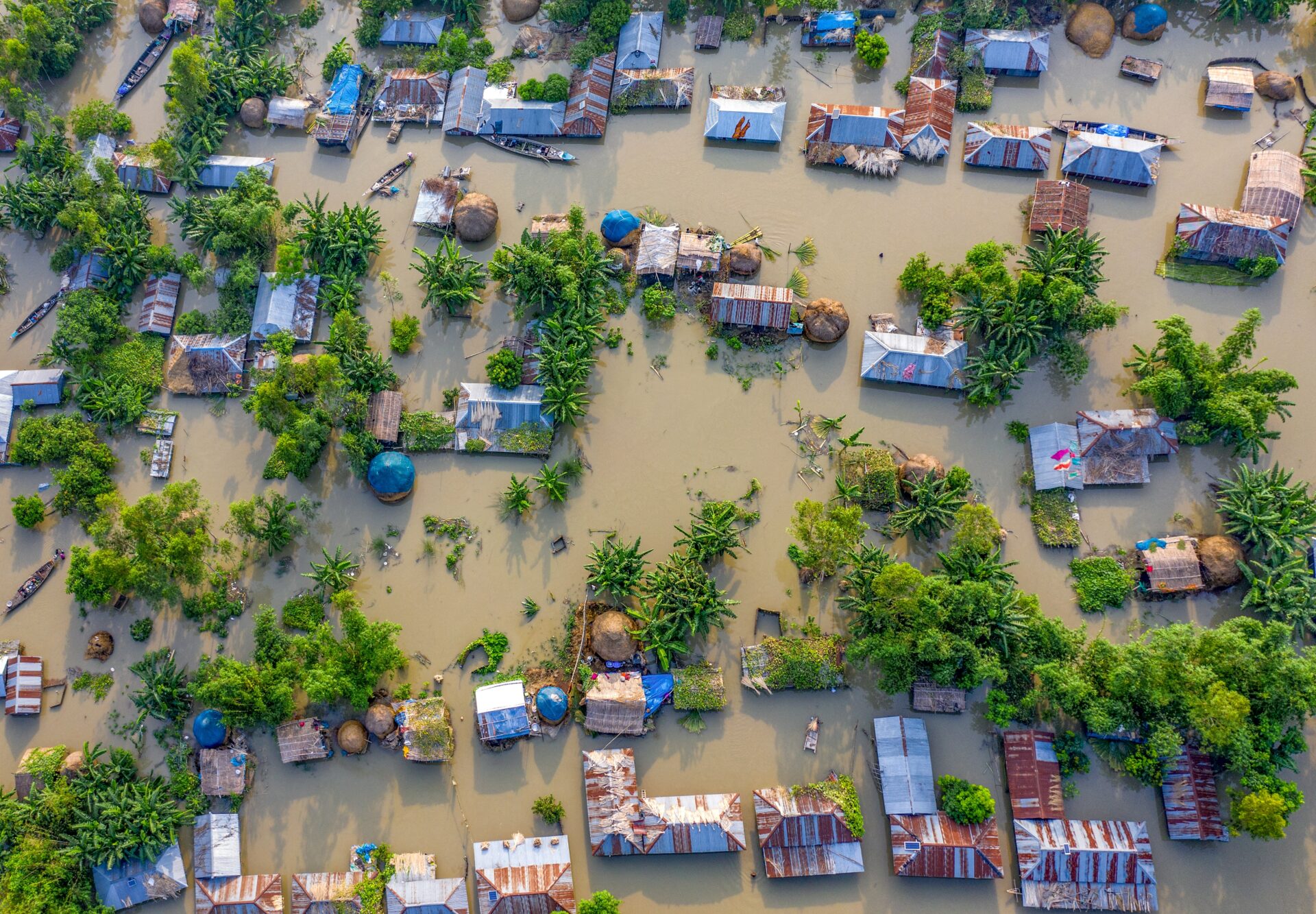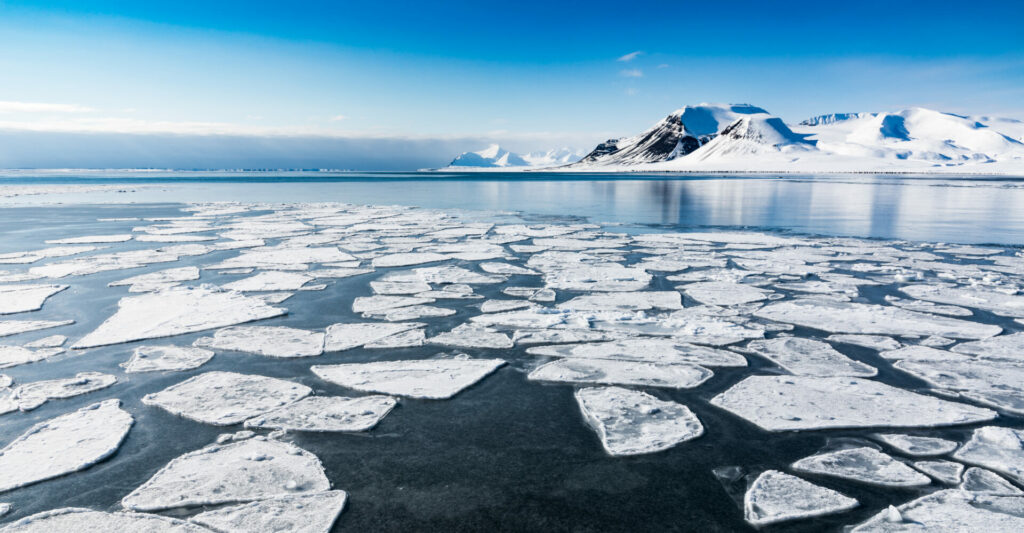The impact of the climate crisis reached devastating new levels last year, with unprecedented heatwaves, floods and storms across the globe, according to the UN’s World Meteorological Organization (WMO).
The group’s report on 2024, the hottest year on record, sets out a trail of destruction from extreme weather that took lives, flattened and burnt buildings and wrecked crops.
More than 800,000 people were made homeless due to extreme events, the highest yearly number since records began in 2008.
The report lists 152 unprecedented extreme weather events in 2024, meaning they were worse than any ever recorded in that particular region.
Heatwaves in Japan left hundreds of thousands of people struck down by heatstroke.
In other parts of the world, soaring temperatures during reached 49.9C at Carnarvon in Western Australia, 49.7C in the city of Tabas in Iran, and 48.5C in a nationwide heatwave in Mali.

In Mozambique, around 100,000 people were displaced by Cyclone Chido.
But wealthy countries were also hit, with the WMO pointing to the floods in the Spanish city of Valencia, which killed 224 people, and the devastating fires in Canada and the United States which forced more than 300,000 people to flee their homes in search of safety.
Record rains in Italy led to floods, landslides and electricity blackouts; torrents destroyed thousands of homes in Senegal and flash floods in Pakistan and Brazil caused major crop losses.
Storms were also supercharged by global heating in 2024, with an unprecedented six typhoons in a month hitting the Philippines.
Hurricane Helene was the strongest ever recorded to strike regions of Florida in the US, while Vietnam was hit by Super Typhoon Yagi, affecting 3.6 million people.
UN Warns We Are Climate Crisis
The world is already deep into the climate crisis, with the WMO report saying that for the first time, the 10 hottest years on record all occurred in the last decade.
However, global carbon emissions have continued to rise, which will bring even worse impacts. Experts were particularly critical of the purge of climate scientists and programmes by US President, Donald Trump, saying that ignoring reality left people at far greater risk.

‘Leaders must step up – seizing the benefits of cheap, clean renewables for their people and economies – with new national climate plans due this year,’ said the UN Secretary General, António Guterres.
Previous research determining the role of the climate crisis in what are now unnatural disasters has shown that at least 550 heatwaves, floods, storms, droughts and wildfires had been made significantly more severe or more frequent by global heating.
Dr Luke Parsons, of the Nature Conservancy, said: ‘Every year, we venture further into uncharted territory, with 2024 the hottest year modern human society has ever experienced. Yet the coming decade is expected to be even hotter, pushing us deeper into this unprecedented climate.’
The report emphasised 2024 was the warmest year in the 175-year observational record, and the first calendar year over the 1.5°C threshold, with the global mean near-surface temperature 1.55°C above the 1850-1900 average.
‘Our planet is issuing more distress signals – but this report shows that limiting long-term global temperature rise to 1.5°C is still possible,’ Guterres said.









